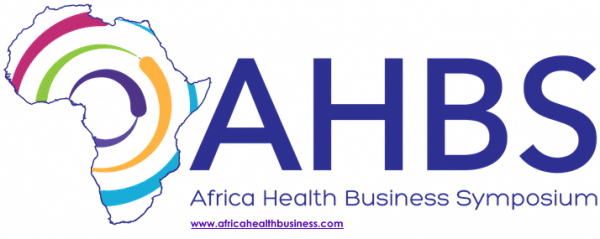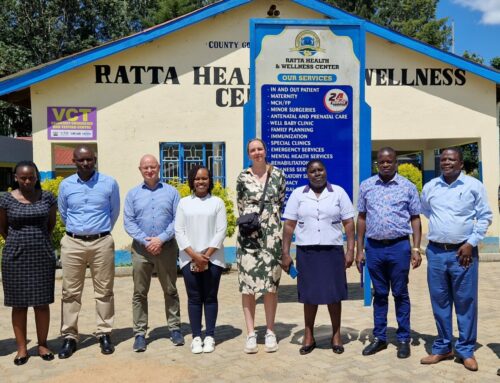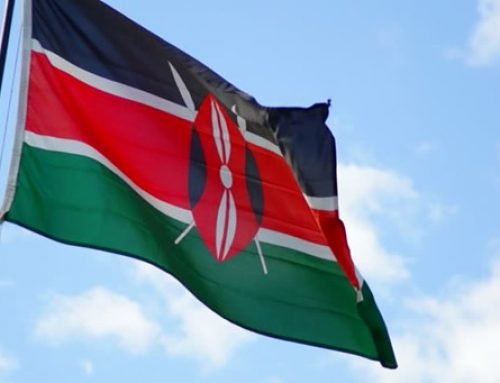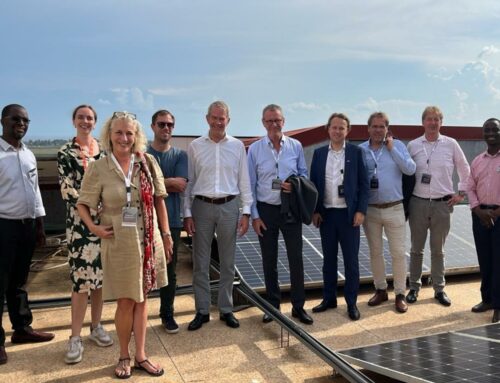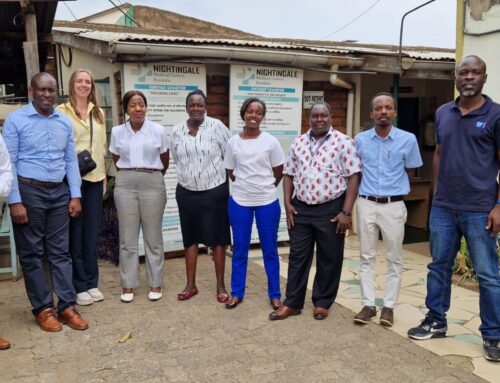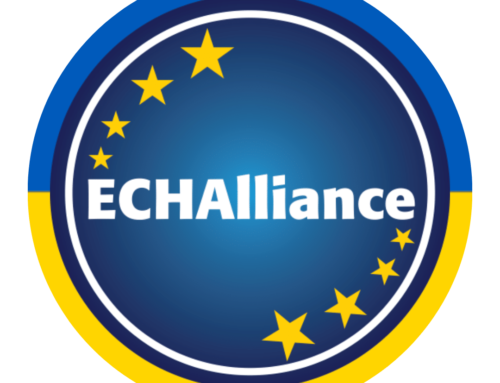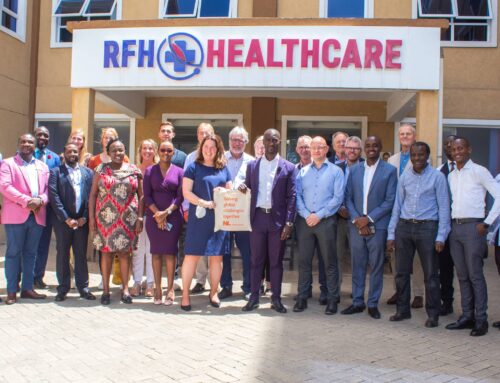Public-Private Partnerships (PPPs) have emerged over the last decade as one of the best ways to foster development, fueled by insufficient investment, growing pressures on government budgets and a general concern about service provision by state enterprises and agencies. For more PPPs to emerge in Africa, countries need to improve the business environment. At present serious constraints exist in many countries. These constraints are: inadequate legal and regulatory framework for PPPs; lack of technical skills to manage PPP programs and projects; unfavorable investor perception of country risk, Africa’s limited role in global trade and investment, small market size, limited infrastructure and limited financial markets.
The benefits of PPPs are plentiful, especially when it comes to powering growth within sub-Saharan Africa. They spur investment in human development and help secure basic utility services. In the South African example, PPPs present opportunities for professional development of project staff, encouraging knowledge and skills enhancement. Besides this vocational empowerment, PPPs serve the public’s interests by spurring capacity-building efforts and creating a sound environment for the vital build-up of strategic infrastructure. These benefits for a diverse group of stakeholders go hand-in-hand with the transfer of risk, both financial and operational.
Governments everywhere are grappling with rising healthcare costs and increased demand for healthcare services in the face of ongoing budget constraints. Healthcare providers must find innovative ways to generate revenue and these include PPP arrangements in Health. African governments struggle to stretch their healthcare funding and produce better results and are increasingly turning to PPPs with the private sector.
There are four key factors driving governments worldwide to use the PPP model for health sector improvements:
- Desire to improve operation of public health services and facilities and to expand access to higher quality services
- Opportunity to leverage private investment for the bene t of public services
- Desire to formalize arrangements with non-profit partners who deliver an important share of public services
- More potential partners for governments as private healthcare sector matures
The potential benefits of public funding and private delivery of health facilities and services are well-known, but the path from publicly-run hospitals to publicly- funded and privately-provided hospital services is not so well- known and can be challenging. There are different PPP arrangements in health that can be implemented, including the construction of health facilities, outsourcing non-clinical services including catering and cleaning services, as well as arrangements with private laboratories for the provision of capital intensive equipment or the outsourcing of the day to day hospital management to the private sector, among others.
The larger regional African health institutions, such as the West African Health Organization (WAHO) acknowledge that PPPs must be mutually beneficial and that the private sector entities must also have their objectives of achieving the goals the organization has set for itself.
With this backdrop, the second edition of the Africa Health Business Symposium (AHBS) will be a key platform to discuss “Transforming PPPs for Health in Africa”. The inaugural AHBS has proven to be the leading private health sector platform in Africa bringing together the public sector, key private sector stakeholders and decision makers as well as development partners in the African healthcare space fostering investments, growth and knowledge sharing in the sector.
Each edition the event will take place in another African region to ensure inclusiveness of the African private health sector and the second edition is scheduled to take place on 6-7 November in Dakar, Senegal (West Africa). Honorable Dr. Awa Marie Coll-Seck, Minister of Health Senegal will officially open the event and we have confirmed participation from high level officials from the African Union, other African Ministries of Health, leading development partners in health and the private sector.
Why participating in AHBS 2017 is important:
- Exclusive Pan African Health Business Platform
AHBS is an exclusive Pan African health business platform bringing together leading stakeholders and providing a space for open dialogue to discuss and encourage African governments to carry out reform programs that will foster Public Private Partnerships in healthcare and to create systems that will encourage investments, growth and improvement in the private healthcare sector.
- Strong Partnerships
The AHBS team has vast experience in the health sector through the organization of private sector driven healthcare events on the continent (EAHF and AHBS) that were focused on sharing resources and best practices in the African private health sector. In 2016, the first AHBS was significant platform bringing key players together in Nairobi from all over the African continent. AHBS has developed strong partnerships with the African Union, Ministries of Health on the continent, leading knowledge institutions, private sector stakeholders, investors and eminent development partners in health leading to a guaranteed participation of high-level delegates.
- Inclusive Health Business Opportunities
High-level delegates attending the AHBS are key influencers from the public, private and development sector covering all aspects healthcare systems in the continent: Healthcare Financing, Human Resources for Health, Public Private Partnerships, Supply Chain Management and Digital Technologies.
For more information visit the AHBS website.
*AHBS events are planned and organised by Africa Health Business Ltd (AHBL), a registered company in Kenya that consists of experts from the health and business sector that have united strengths to significantly improve the development of the (private) healthcare sector on the African continent.



